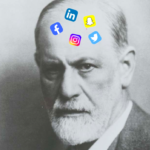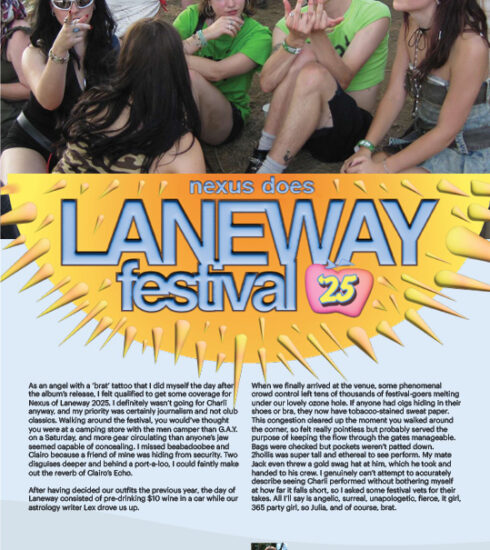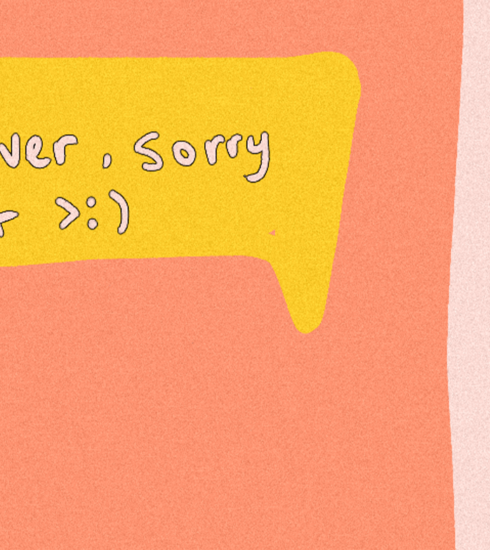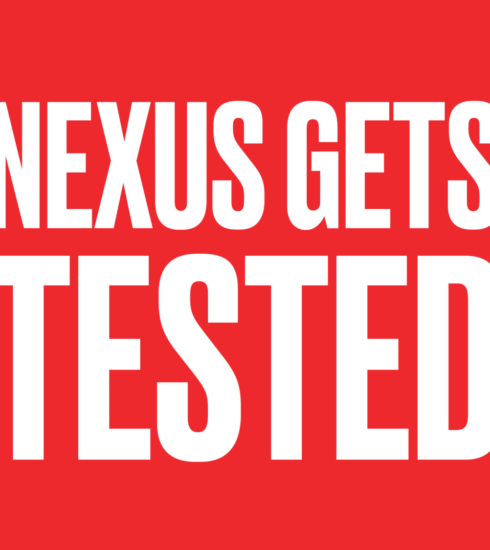The Rise of Activism (also Progressive Beliefs or Extremism) on Social Media Platforms
Keyboard warriors rejoice! From Arab Spring to the Beehive, Social Media Activism is rampant and, according to Luka Love, productive. But does change occur on Facebook or is it just a tool to start a conversation?
Activism in its near infinite permutations has taken many forms over the span of human history. From the plagues cast by Moses on ancient Egypt to the most distinctly modern form of digital activism humans have been rubbing up against the edges of our power structures since time immemorial. The levels of effectiveness of these campaigns is as variable as the dates themselves.
The modern iteration is arguably the most visible form our species has so far devised. Throughout all of history the reach of a given campaign has extended about as far as a human can run. Local direct action has been the bedrock of all social upheaval and change. Until now. In the modern era we can advocate for change across national boundaries, across oceans without ever leaving our bed sheets. Information on wrong-doing and petitions to change the status quo filter daily through our social media feeds. There is a mind-numbing volume of causes and crises, and an ever increasing amount of noise in the signal.
For those that remember life before the internet, there was a sense as it grew that this would be the great leveling of the playing field. The flow of information and news was no longer the exclusive domain of the gatekeepers of old. The mastheads of the major news organisations, the figurines at the altar, the megaphones of government were losing their monopoly over truth. In this brave new world, anybody could be a prophet. Looking back over the last twenty-five years shows a chequered history. Entire industries have given up the ghost and the new news media has largely given up the deep, long form investigative journalism of the past in favour of soundbites, quips and clickbait in an attempt to draw eyes to their web pages. Newsrooms have been slashed to pieces, revenues have fallen into oblivion, and every mug with an internet connection and the bravado of ignorance has the potential to stand at the bully pulpit.
This is not without consequences, and we are starting to see those consequences unfold in recent years. The Fourth Estate has a crucial role to play in any political system. They are the voice that speaks truth to power. It is no accident that the rise of fascism has always been accompanied by the shutting down of the news media. From Hitler’s Germany, Mussolini, and Stalin to Pinochet and Noriega in post Cold War Latin America. Today, we see this in more subtle and nuanced forms in the state-driven censorship of the People’s Republic of China to the Russian Intelligence playbook sowing disinformation to create confusion and mistrust, to arguably the most seductive form of all in Trump’s maligning and undermining of the American news media. It has become increasingly difficult to separate the signal from the noise and those that wield power have garnered the ability to be fraudulent in broad daylight by calling any critic a fraud themselves. When the waters are so muddy that nobody can see, the powerful can behave as they please.
There is more information available now than has ever been available to any individual in all of human history. Whether the human mind is capable of parsing that much data is an open question. It is just as easy, if not easier, to learn about a catastrophe on the other side of the planet as it is to learn about wrong-doing in the local community. We have become increasingly focussed on the problems of the world than the ones we are directly affected by, whether we are aware of that or not. Alongside this phenomenon has been the rise of opportunities to ostensibly do something about it. On any given day we can sign an online petition for or against some issue around the world. We can signal our support for or opposition to just about anything we can imagine. This is evident in the petitions against Brexit shared by people in New Zealand and Australia as if we should have any say in the matter. Those that signed and shared it were given a sense of having achieved something, having done something good for the world, despite the fact that a random individual in some other country has literally zero impact on the domestic affairs of a foreign state.
The questions over the effectiveness of these indirect actions remain unanswered. Some notable successes have given rise to the idea that slacktivism works, that we can change the world one click at a time. These actions, like most things on social media, are little more than satisfictions. They give the satisfying illusion of being a changemaker in the world. It plays on exactly the same neural circuits as social media more broadly. The well-studied hits of dopamine derived from likes or comments that give a transitory feeling of wellbeing. These dopamine hits ignore the fact that very little has actually been achieved. Britain still left the European Union. Trump still got elected. Beyond a couple of much-touted “wins” the vast majority of the campaigns on change.org or Avaaz sit in shadowy silence. Comprehensive data on the success rates of their campaigns is notoriously difficult to unearth, likely for good reason.
The Greek polymath Archimedes once quipped that with a lever and a fulcrum he could move the earth. A little bit of leverage applied in the right place can cause monumental shifts. As any engineer or financier will tell you, however, where the leverage is applied makes all the difference. Apply it in the wrong place and you lose your mechanical advantage, or your retirement savings. This is at the heart of the issue with social media activism. It is akin to waving a stick around the air to bring peace to the Middle East. It is an unpalatable truth to many that the world does not change by people sitting on their arses clicking links on the internet.
Worse still is the impacts this can have on real world activism. Sign an online petition and nothing changes and there is a risk people get discouraged from trying to agitate for change at all. This is an issue. Especially when that energy and optimism has real places where it can be applied to do some good; genuine social fulcra. As a local example, take petitions. The New Zealand Parliament website has an entire section devoted to petitions. It is an official channel which is linked directly to Parliament. That is an appropriate fulcrum. Signatures to that petition can generate real change in policy. Local councils have similar mechanisms. There are regular council meetings that can be attended by residents, details of which can be found on council websites, where you can speak directly to your elected representatives. Petitions can be created, signed by other local residents and submitted directly to the council. These petitions, representative of actual residents of the area in question, carry weight in the real world. It is easy to dismiss an online petition signed by a million people who are not your constituents. It is near impossible to ignore a petition from 1000 people who can actually vote you out of office.
One of the worst effects of the rise of so-called activism on social media is its contributions to the polarisation of populaces. This is hardly news when you look at the BLM movement in the US, the pro/anti-Brexit movements, even local issues like the arming of our police force. All over social media these turned in to dog fights pitching people with differing viewpoints against each other. In the end, what has been achieved beyond a deeply entrenched partisanship is difficult to decipher.
There are examples where social media activism has given leverage to the fulcra of real world activism. In 2017, Pania Newton and the SOUL Collective took up residence at Ihumātao to protest the development of a high-cost housing development by Fletcher Construction. This was a fulcrum for real change, real opposition in the real world. In 2019 when an eviction notice was served to SOUL, the movement got the leverage it needed. News of the protest spread like wildfire over social media, hundreds more people started turning up on site until this small, silent protest became a major national news story. Momentum built up until eventually Fletcher backed down and the development plans were put on hold. Negotiations between mana whenua, Fletcher and the Government have been underway since and a final decision is due any day now.
This is where it is possible to determine the difference between online and real world activism. Social media activism, in isolation, is relatively futile. It is appealing because it is easy and costs nothing but there is very little worth having that comes that way. It is tempting to believe we can fix all the problems in the world. “We” collectively can, but it takes discernment to understand which part of that change any individual can play. There is only so much time in a day, so much energy to expend without suffering outrage fatigue and bowing out of all the worthy fights there are to have. To identify the right fulcrum of real world activism before applying the leverage of mass communication can mean the difference between shaking a stick at the sky and changing the world.





